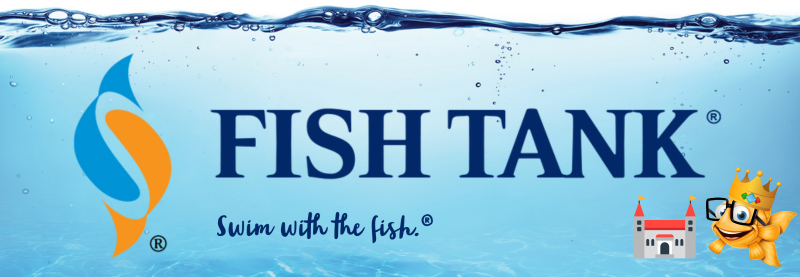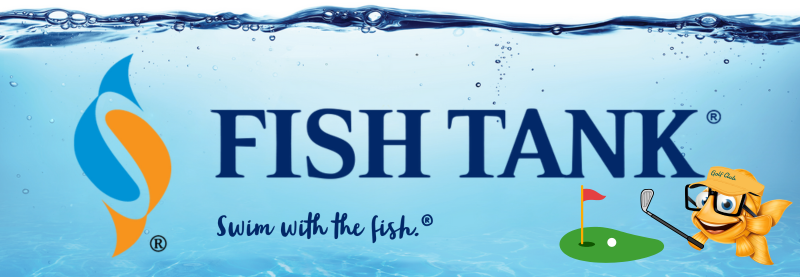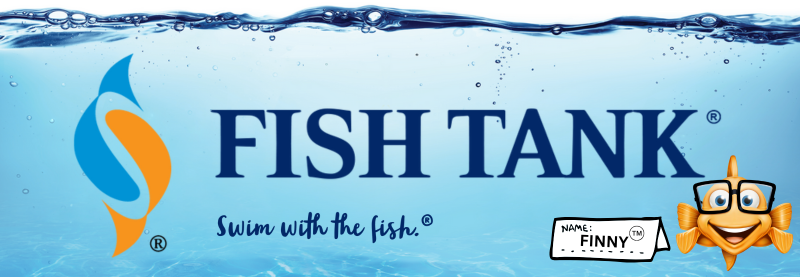Intellectual Property Insights from Fishman Stewart PLLC
Newsletter – Volume 22, Issue 20
Share on Social
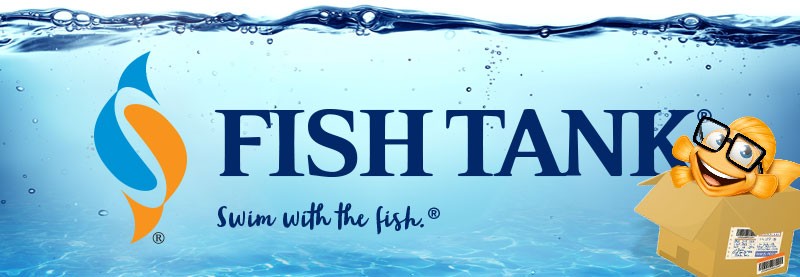
Amazon, Infringers and Design Patents: A Cautionary Tale
By: Doug P. LaLone
Combating copycats on Amazon can be an expensive, frustrating endeavor. This is doubly true when simultaneously taking on both copycats and Amazon.
It is all too common of a story for sellers on Amazon: a listing pops up purporting to sell a replica of your patented, copyrighted, or trademarked goods. You file a complaint with Amazon, but receive only a canned, automated response from Amazon that no action will be taken because the listing does not infringe your rights. You resubmit the form, and receive the same response, over and over again. You look for a hotline with the hope of speaking with a human, but you are redirected to the online form.
Eventually, after numerous submissions and denials from Amazon, you succeed in having the listing removed, but three more listings pop up overnight. You are playing an endless game of Whac-A-Mole. You file requests that Amazon remove those new listings, the way it eventually removed the last listing, only to be told, once again, that Amazon does not believe the new listings infringe your rights-despite its previous conclusions to the contrary with other, identical listings. You submit more requests, until you either (1) successfully see the listing removed, or (2) your account is suspended by Amazon because you submitted too many requests. We feel this pain acutely, since we recently went through a similar experience on behalf of one of our clients.
Understanding Amazon’s business model might help shed light on the challenges vendors face in enforcing their intellectual property rights on the platform. Particularly in the US, entrepreneurs and small businesses selling products on Amazon prefer to ship their products from their own facilities. In such cases, Amazon makes around 20% commission for everything sold. For counterfeit products, many of which originate overseas, such sellers often store their goods in one of Amazon’s mega distribution centers. In those cases, Amazon makes even more money, around 50% of every sale (20% for the commission, plus another 30% for warehousing and distribution fees). These rates fluctuate, and in some cases are even higher.
Thus, on its face, there is a perverse economic incentive for Amazon to continue to sell infringing products of foreign vendors at the expense of US intellectual property rights owners. Even more problematic, Amazon has been accused of stealing the designs of its vendors with some of its own Amazon branded products.
For Amazon vendors, properly securing your intellectual property may provide the much-needed legal leverage to combat copycats, especially on Amazon. For Amazon buyers, the next time you shop on Amazon, look for those products that say they are patented. You could be helping a local innovator protect its valuable asset, and its revenue stream!
Published September 30, 2022
Kudos to Big Whitetail Dream
We congratulate client Big Whitetail Dreams, a US company that secured a design patent protecting its J-Hook shaped bow and arrow gear hanger. It successfully leveraged its design patent against numerous infringers that were selling knock offs on Amazon. Here’s an example of one infringing product:
Big Whitetail Dreams’ Design Patent: Infringer’s Gear Hanger:
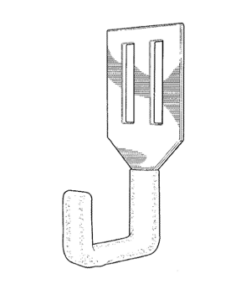
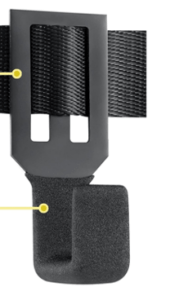
Doug LaLone is an engineer, patent attorney, and partner at Fishman Stewart. He also serves as chair of the firm’s Strategic IP Practice Group which counsels portfolio companies, PE, VC and IB firms on intellectual property strategies, due diligence and portfolio management. Check out his bio.


Related Content from Fishman Stewart
Despite her pseudo-legal background in Suits, Meghan has been running into one issue after another in her efforts to register the trademark and logo for her new lifestyle company, for now, called “AS EVER”.
By 1930, efforts began in New York to replace Mother's Day with Parent's Day because men were more than just breadwinners. Those efforts didn't catch on, probably because in that era, women often spent more time in the home.
In February, Nike and Skims announced that they will be working together on a new brand, NikeSkims. The co-brand will create a new line of training apparel, footwear, and accessories specifically designed to meet the unique needs of women athletes.
Generally, federal courts have exclusive jurisdiction over copyright cases, and often, this presents an insurmountable paywall for individual artists and small businesses to vindicate their rights, especially where the value of the individual copyrighted works are relatively low.
Dedicated to raising public awareness about the importance of encouraging innovation and creativity throughout the world, the World Intellectual Property Organization (WIPO) annually observes World Intellectual Property Day on April 26 to showcase the role that patents, trademarks, industrial designs, copyrights and trade secrets play in our everyday lives.
Hold onto your foam fingers, sports fans – college sports just got a whole lot more interesting! The latest updates to Name, Image, and Likeness (NIL) rules are making student-athletes bigger than ever, and it’s not just about the game anymore.
Did a federal court in Louisiana recently decide that US copyrights are global rights? It seems so.
L.A.B. Golf aims to protect its innovations, and therefore its market position, owning three patents for its zero-torque design. The question now is whether L.A.B. Golf can withstand the wave of copycat designs.
One of his most famous songs, “Lose Yourself” was recently at the center of a lawsuit. In 2019, Eminem’s publishing company Eight Mile Style sued Spotify claiming that Spotify streamed a number of its musical compositions without proper licenses.
Our latest article tackles three common trademark questions: 1. Can I trademark my own name? 2. Can I trademark the name of a fictional character? 3. Can I trademark the name of a U.S. president or British royal?
IDENTIFYING, SECURING AND ADVANCING CREATIVITY®




